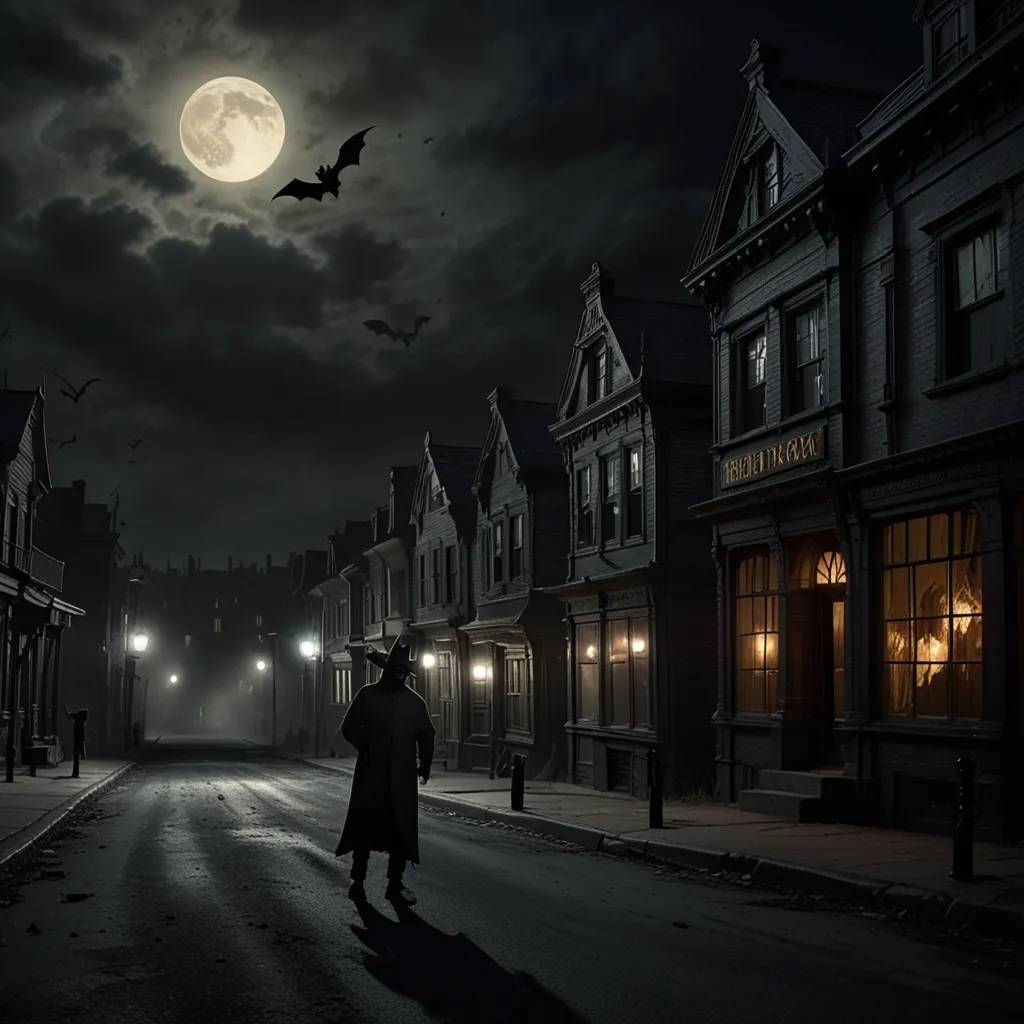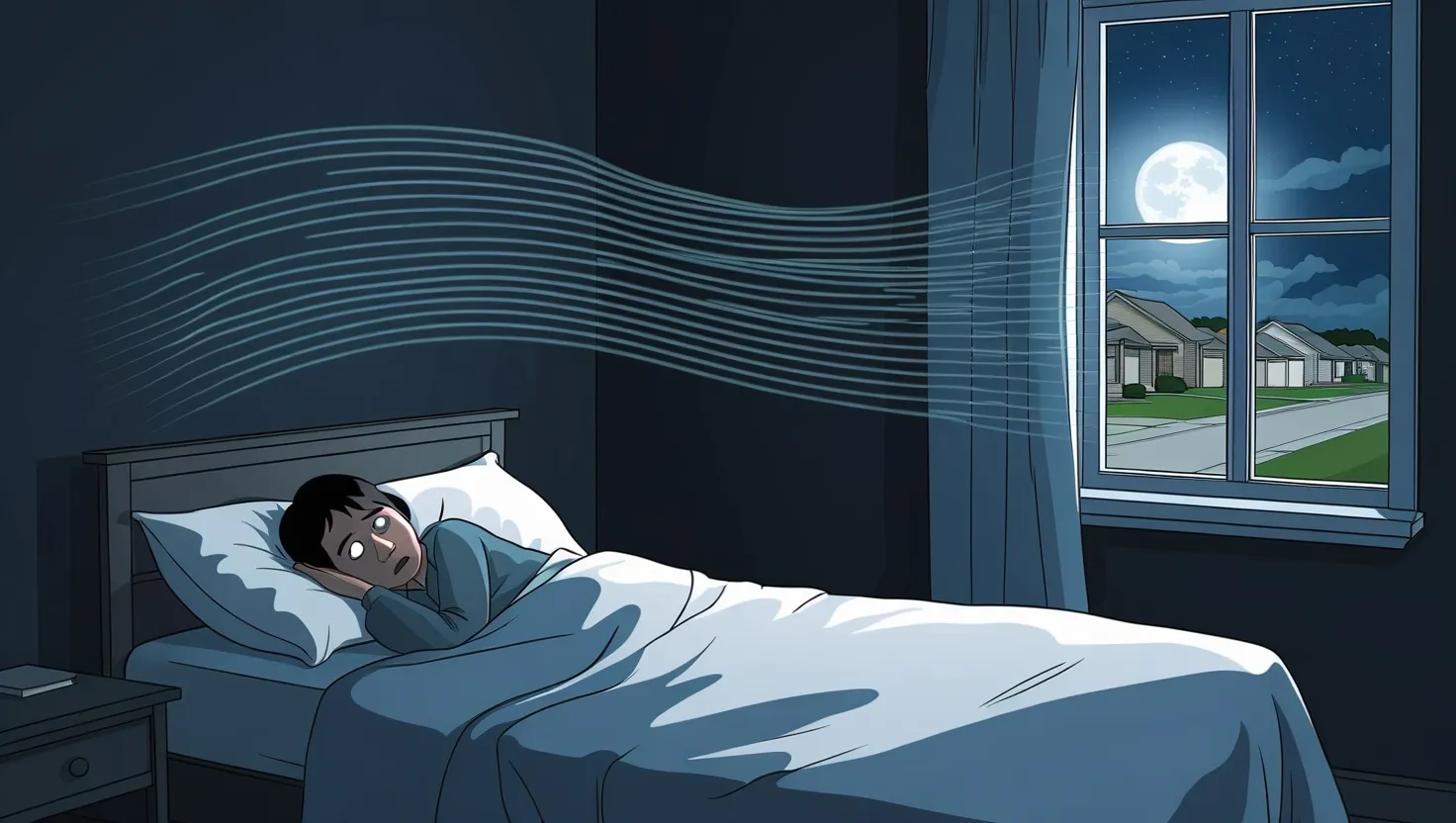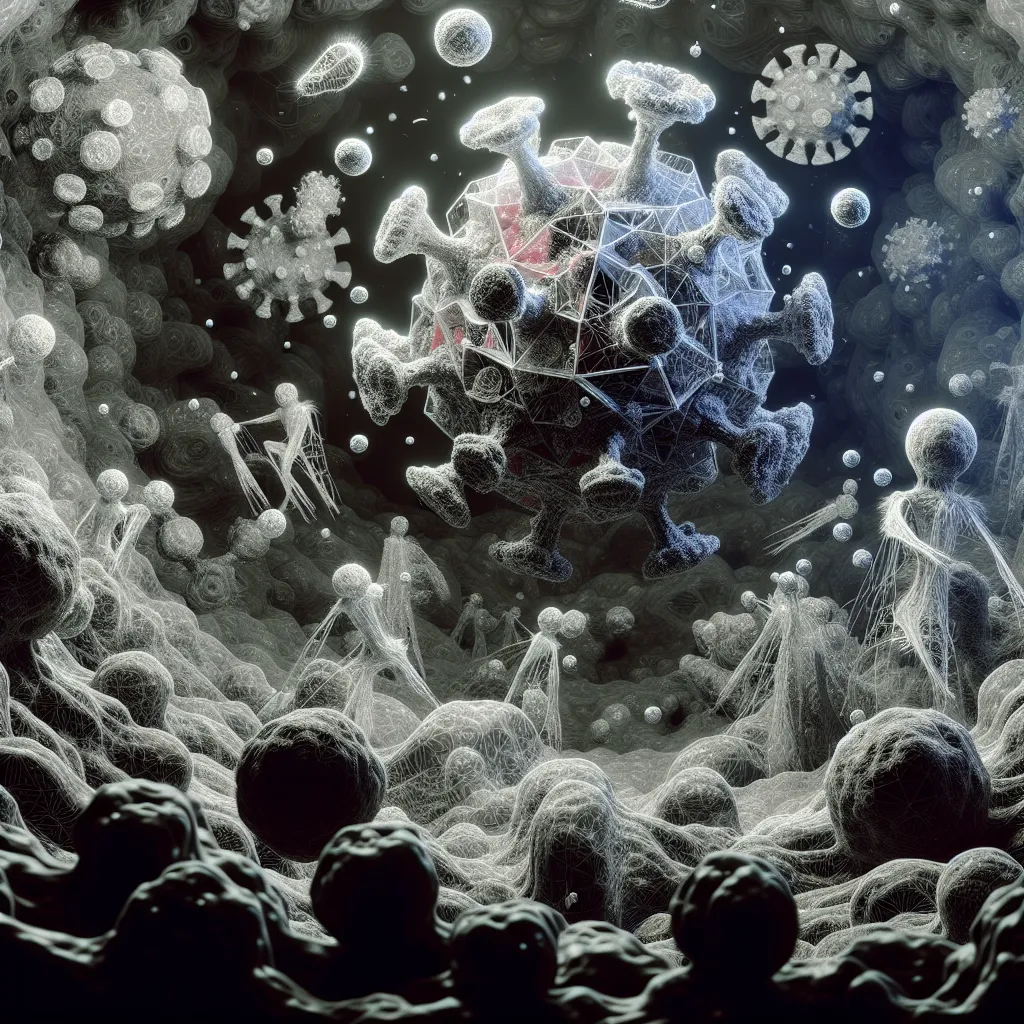In science fiction, aliens are usually painted as either monstrous invaders or benevolent saviors. Movies like “Independence Day” and “War of the Worlds” showcase hostile extraterrestrials hell-bent on Earth’s destruction, while films such as “Contact” and “Arrival” depict them as almost divine beings. These portrayals often reflect more about our human psyche than any grounded reality. But what would a true first encounter with extraterrestrials look like from a scientific perspective?
Our journey begins with the fundamental question: Is there life in outer space? The answer is a resounding yes, simply because Earth itself resides in outer space. We often see Earth as special, but it’s important to remember it shares many commonalities with other celestial bodies. Research reveals that the essential chemical building blocks needed for life exist in other solar systems just as they do here. Every rock, gas cloud, and far-off planet, with their hydrogen, oxygen, carbon, and nitrogen, mirrors the elements that make up our very bodies.
Considering the vastness of the galaxy—with its billions of stars and countless planets—there’s no logical reason to think Earth is unique in harboring life. If life could thrive here for billions of years, why couldn’t it emerge somewhere else?
Scientists generally agree that life beyond Earth is probable. The more pressing question is whether there is any intelligent, technology-capable life out there. If NASA were to announce the discovery of extraterrestrial life, it would be celebrated—not met with disbelief. Recent unidentified flying object (UFO) sightings and military videos spark curiosity but lack the solid evidence needed to confirm extraterrestrial visitation.
So, what would authentic first contact look like? From a scientific standpoint, it would likely unfold in several potential ways: detection of extraterrestrial life, communication or exchange of messages, intellectual exchange, and ultimately, physical contact.
Detection would likely come first. Instruments like the James Webb Space Telescope could soon find bio-signatures in the atmospheres of exoplanets. Our solar system and beyond contain molecules from life processes much like those on Earth. An unbalanced equation in the chemical makeup of an exoplanet’s atmosphere could hint at biological activity, much like our own algae’s role in photosynthesis.
This may not be as thrilling as blockbuster narratives of alien invasions but would be monumental in understanding our place in the universe.
Another possible form of initial contact would be communication through messages. Limited by the speed of light, these exchanges would be slow. In 2018, a music festival broadcasted part of a concert toward a potentially habitable planet. If life exists there and decides to respond, we wouldn’t hear back until 2042. This type of communication is fascinating but far from the immediate exchanges we might imagine.
The intellectual contact would involve more substantial exchanges of ideas and culture. Understanding each other’s languages and communication methods would be paramount. Discovering extraterrestrial culture, art, and science could expand our own understanding of the universe.
Physical contact, the last and most thrilling form in sciences and Hollywood alike, raises significant concerns. Renowned physicist Stephen Hawking cautioned against it, drawing parallels to Columbus’ impact on Native Americans. An invasive, resource-seeking alien species seems unlikely. Advanced civilizations wouldn’t need Earth’s resources, which are abundant elsewhere in the universe. Instead, their interest would probably revolve around one priceless resource: life itself.
An exchange of biological samples, cultural artifacts, and scientific knowledge could be immensely beneficial. However, caution is crucial. The potential for disease transmission makes physical interaction a delicate matter. Hollywood often shows aliens mingling freely with humans, but real-life scenarios would call for stringent containment protocols to prevent catastrophic contaminations.
First contact with extraterrestrial life, whether through discovery or communication, will change perspectives but not necessarily lifestyles. Historical reactions to unfamiliar phenomena, like Australia’s platypus, suggest skepticism would be rampant. Yet, over time, humanity would adjust, integrating the new knowledge into our world view.
Ultimately, we are on a journey of exploration. As we peer into the cosmos with instruments like the James Webb Space Telescope, the possibility of finding life elsewhere grows ever more tangible. Until UFOs land on our doorsteps, we will continue to look to the stars, eager for the moment when we confirm that we are not alone in this vast universe.






